Republicans went home for the summer with a plan to sell President Donald Trump’s “big, beautiful bill” to their constituents. Some are starting to find that voters aren’t buying it.
In the latest display of backlash, audience members jeered Nebraska Rep. Mike Flood at a Monday town hall, shouting “Liar!” and “You don’t care about us!” over the two-term lawmaker as he made the case for the megabill, which Trump signed into law last month. By the end, chants of “Vote him out!” threatened to drown out his closing comments.
Such scenes of angry constituents confronting lawmakers are nothing new. They were commonplace in 2009 as Democrats pressed forward with a health care overhaul and in 2017 when Republicans sought to undo it.
This time around, there is a fierce debate underway about whether the town hall explosions are part of a genuine backlash to GOP governance in Washington — one that could presage another wave election as seen in 2010 and 2018 — or just another reflection of America’s political polarization.
Many Republicans are dismissing the outbursts, concluding they have been choreographed by Democrats and groups aligned with them and do not reflect genuine voter sentiment. Some — including Trump — have claimed without evidence that paid protesters are responsible.
“I think Democrats have been organized to actually act out in town halls, and I think if you’re going to have a town hall where you’re inviting people to come in with the intent of protesting, that’s what you’re going to get,” Sen. Mike Rounds (R-S.D.) said Tuesday.
But left-of-center activists say the GOP dismisses voters’ outrage at their peril. Groups might be helping to publicize and organize protests around lawmakers’ events, they say, but that is merely harnessing a real grass-roots backlash to what Republicans are pursuing in Washington.
“I would say the level of energy and grassroots anger at Congress is at a higher level of intensity now than it was in 2017, and I think that's evidenced by just the numbers that you're seeing on the ground,” said Ezra Levin, the co-executive director of Indivisible,a progressive organization that came to prominence organizing protests that year.
Evaluating the competing claims has grown more complicated because Republican lawmakers, on the whole, have been doing fewer events in the classic town hall format — in-person, with an open attendance policy.
With the GOP megabill still in its initial stages earlier this year, the chair of the House GOP’s national campaign committee explicitly urged members not to hold in-person town halls during congressional breaks. But recently, with the legislation now signed into law, the party committee urged members to get out and sell the bill’s benefits.
Even then, some Republicans say they plan to shy away from the type of town hall that Flood held on Monday — open mic, on a college campus in a relatively liberal corner of his district.
Rep. Aaron Bean of Florida, who represents a solid Republican district, said he has a busy recess schedule speaking to small GOP and civic groups. But he said he is passing on scheduling the larger public forums.
“Only people who have never supported me want me to do a town hall,” he said.
Bean insisted he wasn’t insulating himself from criticism — he said he’s fielded plenty of skeptical questions on tariffs from constituents who work in affected industries. But he said the only negative feedback he has heard on the megabill is "from left wing lunatics” who “want a place to protest.”
Rounds said he prefers to hold smaller “coffees” as opposed to a “free for all.”
“I make it very clear: One, it’s going to be organized, and two, if you want to shut the coffee down, just act out and we’ll just shut it down for everybody else,” he said. “On the other hand, if you want to ask straightforward questions or hard questions, that’s fine, but we’re going to act like adults.”
National Democrats, however, argue that Republicans who are opting for more controlled events are shirking their responsibilities as public officials — and obscuring the popular backlash to the GOP’s domestic agenda.
“Town halls are about more than just politics, they're about good governing, which Republicans clearly don’t care about,” said DCCC spokesperson Viet Shelton, who added that the recent outbursts are “made-for-TV, viral examples of how unpopular and politically toxic” the megabill is for Republicans.
Trump administration officials remain confident that the megabill’s benefits will more than offset any costs felt by voters, especially those in GOP strongholds like Flood’s Nebraska district. They ascribe the angry questioning and heckling to partisan plants and say Republican lawmakers just need to keep on the attack
"All it is is a Democrat op," said one senior Trump adviser granted anonymity to discuss the backlash. The person added that Trump and congressional Republicans' approval ratings versus those of Democrats have the White House feeling bullish on the party's chances in the midterms.
Recent polling does in fact show the Democratic Party with rock-bottom approval ratings, though it remains to be seen if that will translate into GOP votes. Democrats hold a narrow lead in the RealClearPolitics polling average for the generic congressional ballot.
NRCC spokesperson Mike Marinella similarly said that GOP town halls were “being hijacked into choreographed Democrat theater packed with left-wing activists” and said the “manufactured outrage exposes just how desperate Democrats are to distract from their toxic agenda and failing candidates.”
Audience members weren't screened ahead of Flood’s event, according to Tyler Gage, a spokesperson for the lawmaker. Flood has no plans to abandon the town hall format, Gage added, but Monday’s was the third of three such events he usually hosts each year.
The Nebraska Democratic Party publicized attendance details for Flood’s event on its social media channels. Before the event Monday, it posted, “Voters of #NE01, you know what to do!“
But Chair Jane Kleeb said Republicans were indulging in “conspiracy theories” by suggesting that attendees were paid or protested out of anything other than their own genuine outage and are otherwise “out of touch with how deeply their cruel cuts are angering the public.”
Democrats have sought to weaponize GOP members’ reticence to hold town halls. Local progressive groups have organized events to go on “with or without” their GOP representatives’ participation, and some congressional Democrats are undertaking summer tours of Republican districts.
One such member, Rep. Yassamin Ansari of Arizona, said she planned on “bringing their stories with me back to D.C. — even if their own representatives won't."
But the volatile politics of town halls can swing both ways. Several House Democrats have faced their own backlash at events earlier this year from voters angry about the Gaza War and what they have seen as weak pushback against Trump. The same night as Flood’s town hall, three people were arrested at a Renton, Wash., event held by Democratic Rep. Adam Smith, according to local news reports.
“I don't know if Congress knows what's coming for them,” Levin said. “I would say that applies to Republicans because they are backing up Trump. It also applies to Democrats who are refusing to fight back and are headed into a primary season.”
Jordain Carney, Lisa Kashinsky and Jake Traylor contributed to this report.

 German (DE)
German (DE)  English (US)
English (US)  Spanish (ES)
Spanish (ES)  French (FR)
French (FR)  Hindi (IN)
Hindi (IN)  Italian (IT)
Italian (IT)  Russian (RU)
Russian (RU) 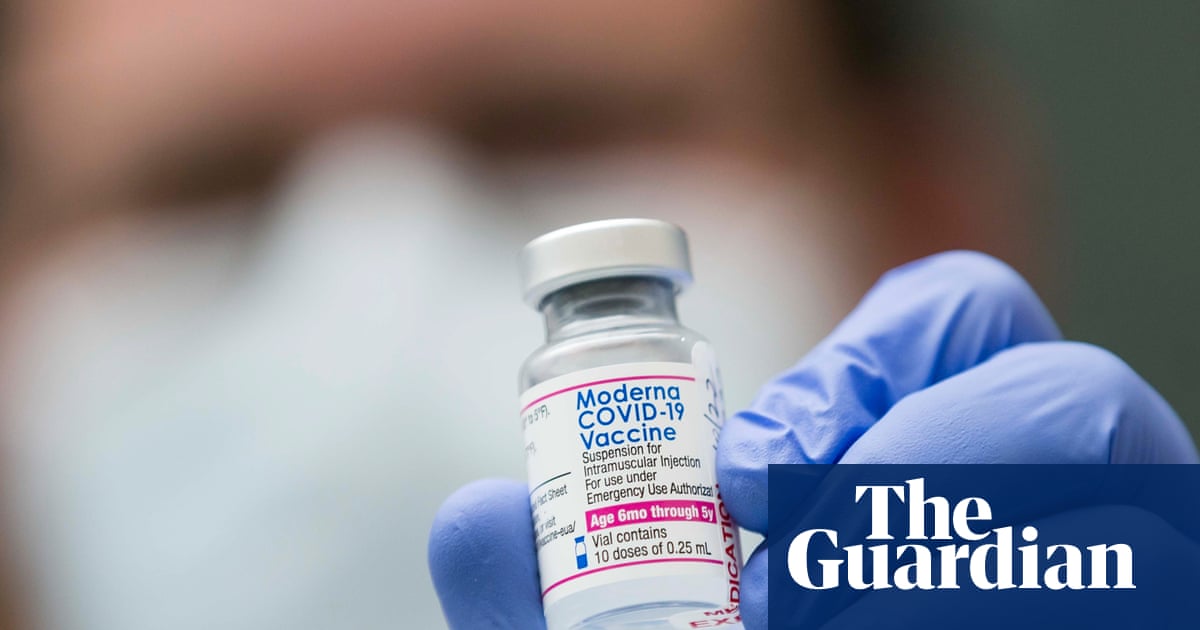



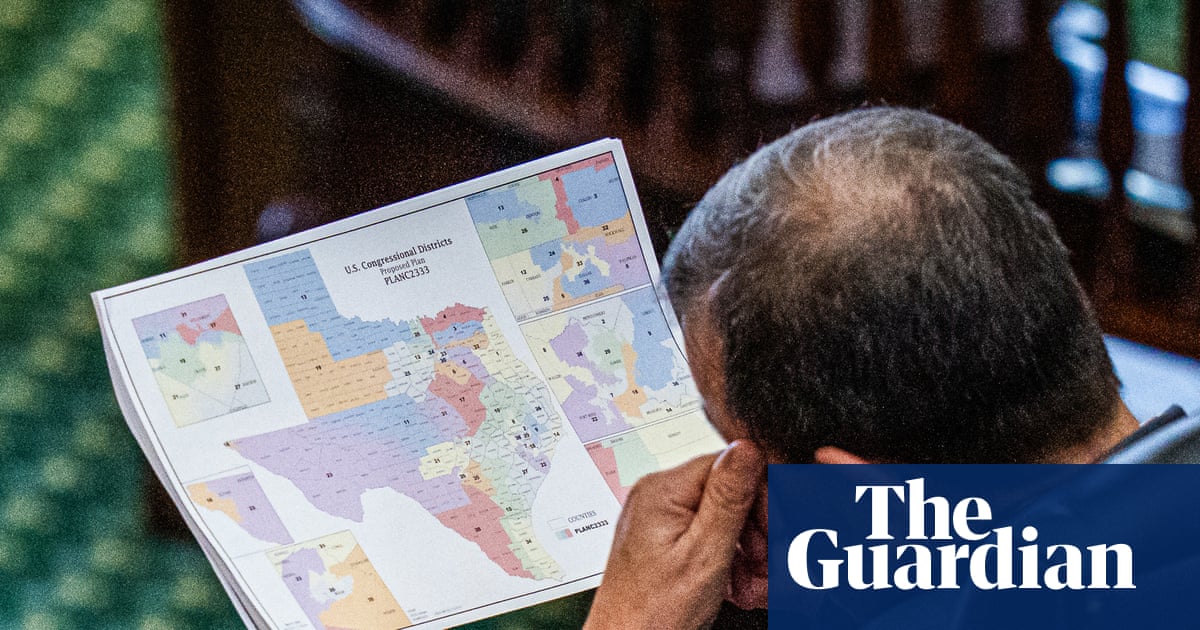


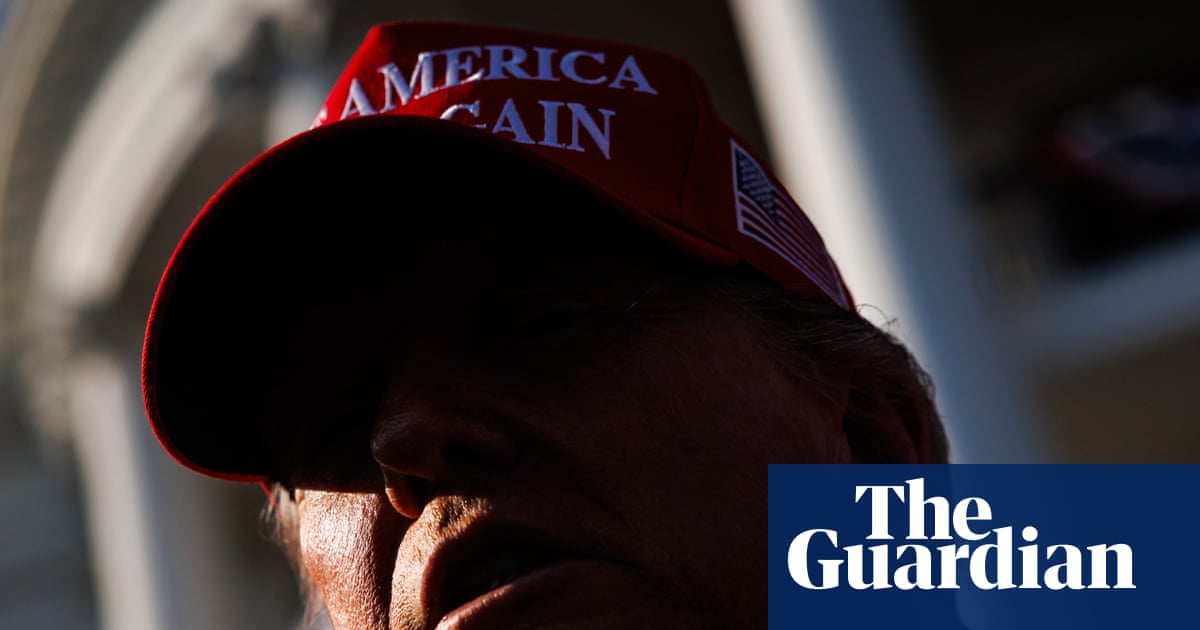



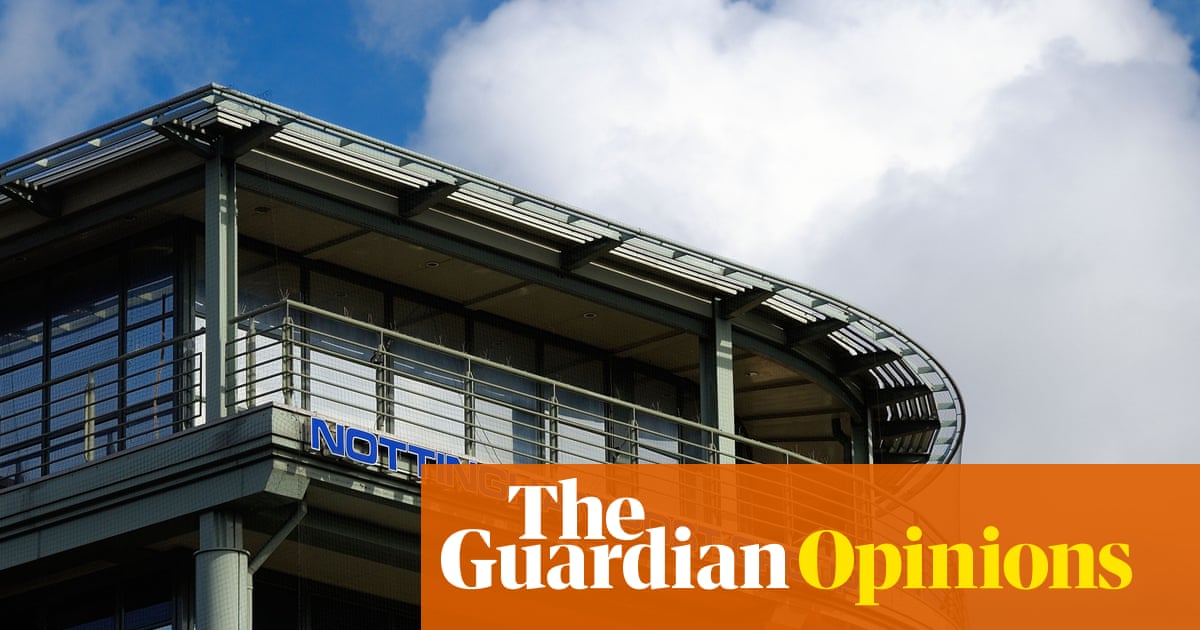



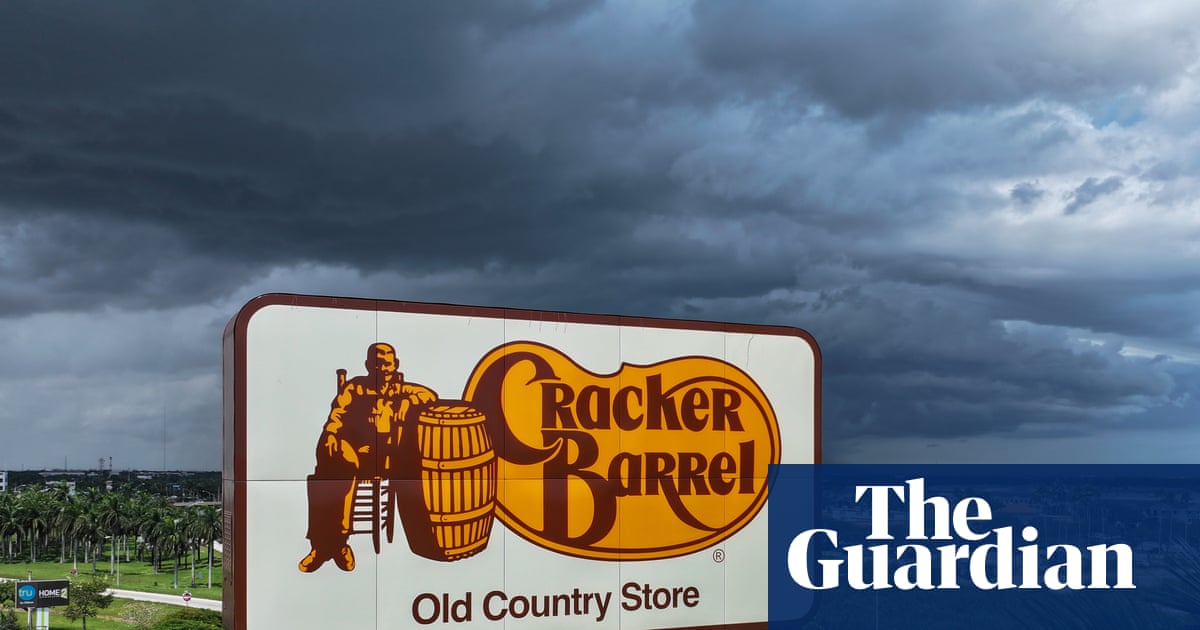



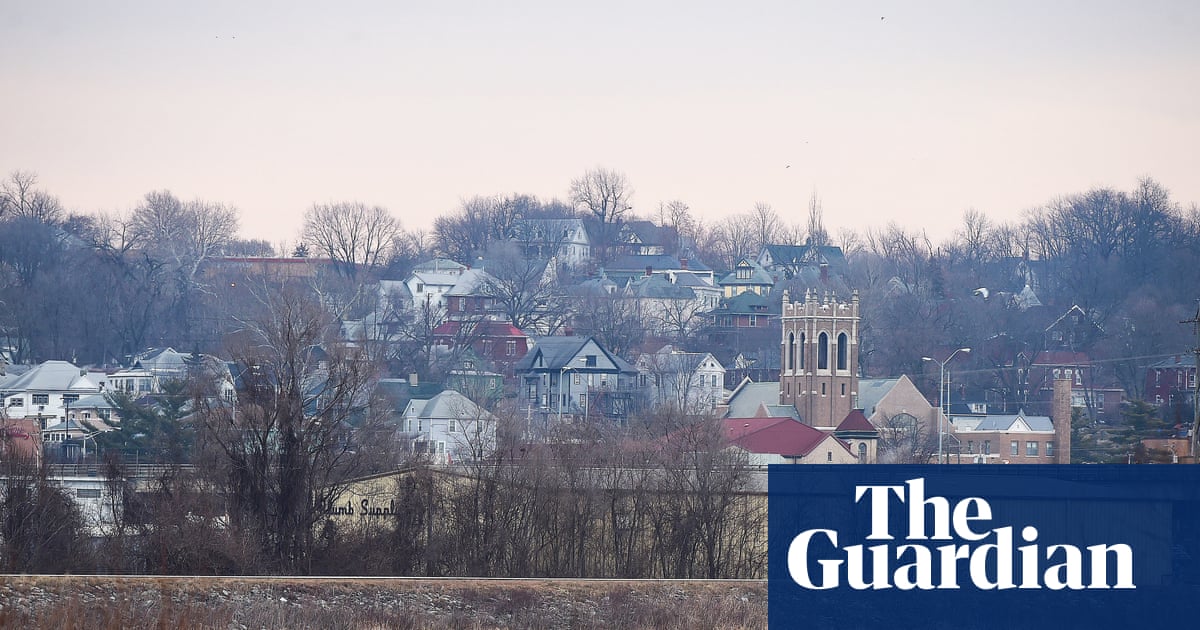




Comments